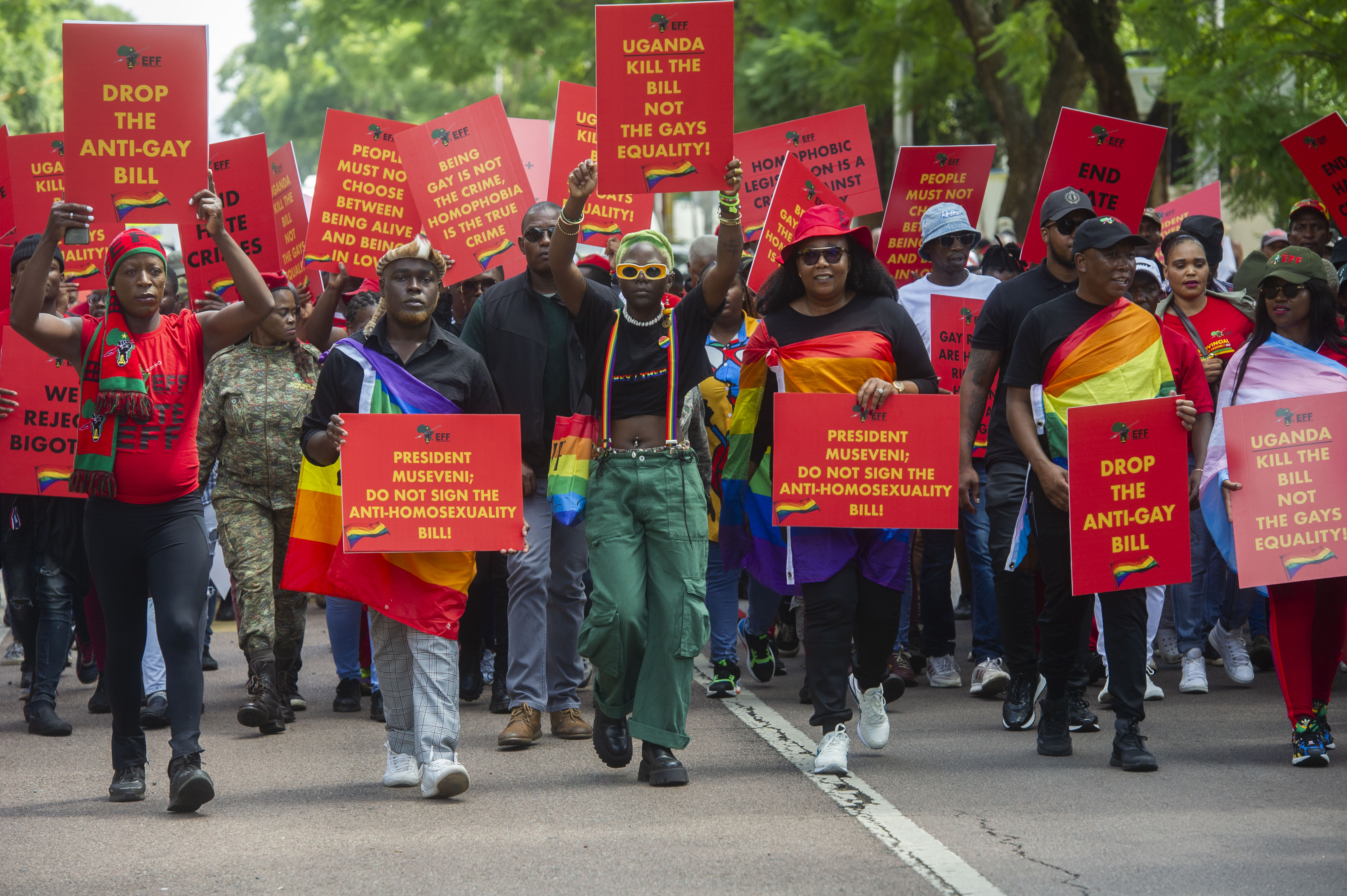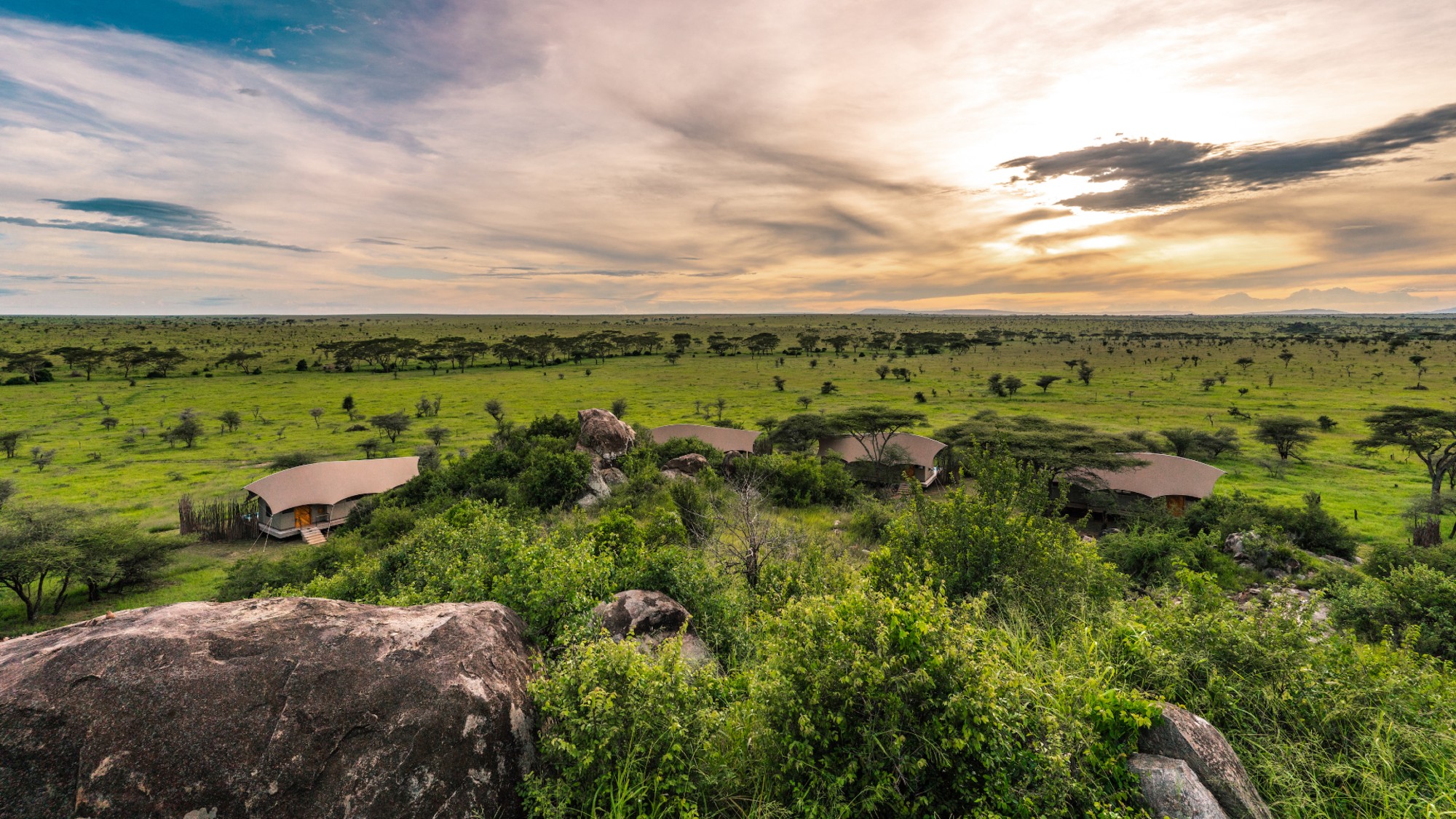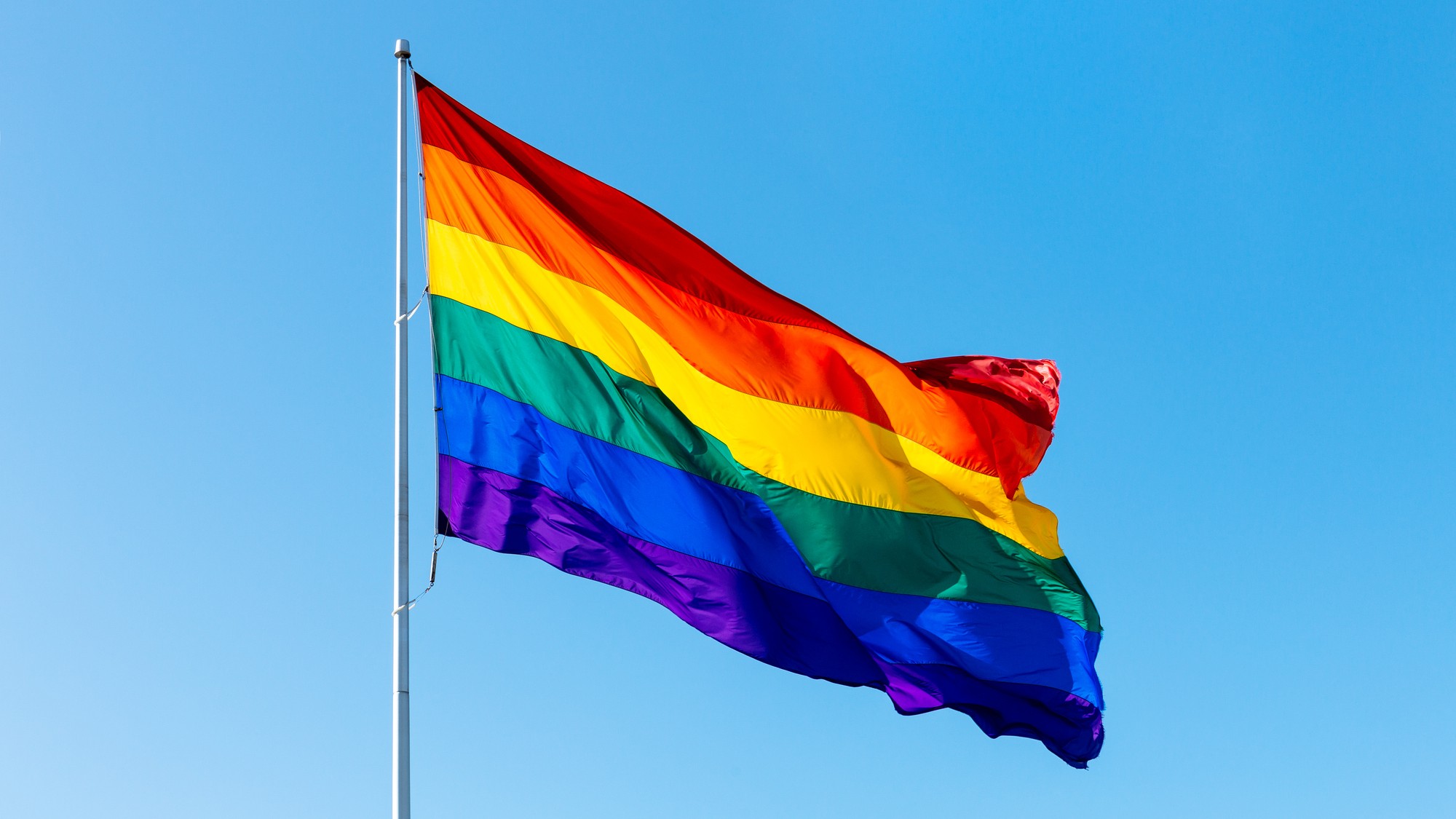How all of Uganda may suffer from its 'tragic' anti-homosexuality law
The East African country enacted one of the world's harshest laws against homosexuality. The effects will be far-reaching.


A free daily email with the biggest news stories of the day – and the best features from TheWeek.com
You are now subscribed
Your newsletter sign-up was successful
Ugandan President Yoweri Museveni recently signed a bill ramping up criminal penalties for homosexuality, including life in prison for anyone who engages in gay sex and the death penalty for "aggravated homosexuality," a category that includes having same-sex relations while HIV-positive or with minors or other vulnerable people.
President Biden urged Uganda to immediately repeal the "shameful" and "tragic violation of universal human rights." The United Nations Human Rights Office said it was "appalled that the draconian and discriminatory anti-gay bill is now law," and top European Union diplomat Josep Borrell called it "deplorable." The British government, whose colonial anti-sodomy laws are still on the books in Uganda, condemned the Anti-Homosexuality Act as "appalling" and "deeply discriminatory."
Homosexuality was already illegal Uganda, as it is in more than 30 other African nations. The new increased penalties could leave their mark on the conservative East African country.
The Week
Escape your echo chamber. Get the facts behind the news, plus analysis from multiple perspectives.

Sign up for The Week's Free Newsletters
From our morning news briefing to a weekly Good News Newsletter, get the best of The Week delivered directly to your inbox.
From our morning news briefing to a weekly Good News Newsletter, get the best of The Week delivered directly to your inbox.
Economic losses
Uganda's economy was projected to grow more than 6% a year for the next five years, according to the International Monetary Fund, but "the new law could make operating in the country awkward and place billions of dollars of investments at risk," David Malingha noted at Bloomberg. "Almost a fifth of the country's latest budget was funded using external financing."
The U.S. government alone "invests nearly $1 billion annually in Uganda's people, business, institutions and military to advance our common agenda," Biden noted in his statement, but he has now directed his administration to "evaluate the implications of this law on all aspects of U.S. engagement with Uganda" and "incorporate the impacts of the law into our review of Uganda's eligibility for the African Growth and Opportunity Act (AGOA)," which gives the country easier access to lucrative U.S. markets.
When Museveni signed an earlier version of the Anti-Homosexuality Act in 2014, the World Bank canceled a $90 million loan and the U.S. and EU threatened to withdraw aid to the country. "I will work with the Russians," Museveni said, before the country's Supreme Court struck down the law on a technicality.
HIV backsliding
Uganda and Museveni "have been leaders in the fight to end AIDS," but "Uganda's progress on its HIV response is now in grave jeopardy" with the Anti-Homosexuality Act, the Global Fund, the Joint United Nations Program on HIV/AIDS (UNAIDS) and the U.S. President's Emergency Plan for AIDS Relief (PEPFAR) said in a joint statement. Uganda's "great success" tackling HIV is based on "the principle of access to health care for all who need it" and "leaving no one behind," but "the stigma and discrimination associated with the passage of the act has already led to reduced access to prevention as well as treatment services."
A free daily email with the biggest news stories of the day – and the best features from TheWeek.com
The new law also includes a prison term of up to 20 years for anyone who promotes homosexuality, "a vague provision that activists fear could be used to target agencies supporting LGBTQ people, including those providing lifesaving AIDS treatment," The New York Times reported.
Diplomatic strife
The "shameful" law is just "the latest development in an alarming trend of human rights abuses and corruption in Uganda," Biden said in his statement. "The dangers posed by this democratic backsliding are a threat to everyone residing in Uganda, including U.S. government personnel," and the U.S. may take steps "including the application of sanctions and restriction of entry into the United States against anyone involved in serious human rights abuses or corruption."
U.S. Secretary of State Antony Blinken elaborated, saying the U.S. may restrict visas for Ugandan officials. Ugandan lawmaker Asuman Basalirwa, sponsor of the law, said the U.S. has already canceled a visa issued to Anita Annet Among, the speaker of Uganda's Parliament, "making her the first official to face punitive action over the new law," BBC News reported
Increased vigilantism
U.N. Secretary-General Antonio Guterres said the Anti-Homosexuality Act "raises the risk of worsening the violence and persecution already faced by lesbian, gay and bisexual people in Uganda." Many LGBTQ people have already fled Uganda, the Times reported, and "gay rights groups say hundreds of gay people — facing rejection from their families, discrimination at work or mob justice in the streets — have reached out to them in recent weeks seeking help."
"There's fear that this law will embolden many Ugandans to take the law into their hands," Frank Mugisha, the most prominent openly gay rights activist in Uganda, told the Times. "This law will put so many people at risk."
More authoritarianism
"Democracy depends on the guarantee of equal rights under law and freedom from discrimination for everyone in society," U.K. international development minister Andrew Mitchell said. "This legislation undermines the protections and freedoms of all Ugandans enshrined in the Ugandan constitution."
Some analysts suggested Museveni, who has been in power since 1986, backed the law to "scapegoat gay people and distract the public from mounting domestic challenges, including rising unemployment and skyrocketing food prices," and "his crackdown on the opposition and human rights activists," the Times reported.
"The passage of this bill has implications beyond LGBTQ rights," said Gillian Kane, a senior analyst at Ipas. "By trampling on human rights and constitutional law, this bill is a political project for authoritarianism." Helen Epstein, who wrote a book about Museveni's long grip on power, called the extreme politicization of homosexuality "very much a product "of Museveni's malevolent political genius."
Peter has worked as a news and culture writer and editor at The Week since the site's launch in 2008. He covers politics, world affairs, religion and cultural currents. His journalism career began as a copy editor at a financial newswire and has included editorial positions at The New York Times Magazine, Facts on File, and Oregon State University.
-
 6 of the world’s most accessible destinations
6 of the world’s most accessible destinationsThe Week Recommends Experience all of Berlin, Singapore and Sydney
-
 How the FCC’s ‘equal time’ rule works
How the FCC’s ‘equal time’ rule worksIn the Spotlight The law is at the heart of the Colbert-CBS conflict
-
 What is the endgame in the DHS shutdown?
What is the endgame in the DHS shutdown?Today’s Big Question Democrats want to rein in ICE’s immigration crackdown
-
 8 incredible destinations to visit in 2026
8 incredible destinations to visit in 2026The Week Recommends Now is the time to explore Botswana, Mongolia and Sardinia
-
 Experience Tanzania’s untamed wilderness from Lemala’s luxury lodges
Experience Tanzania’s untamed wilderness from Lemala’s luxury lodgesThe Week Recommends The vast protected landscapes are transformed into a verdant paradise during ‘emerald season’
-
 Lavender marriage grows in generational appeal
Lavender marriage grows in generational appealIn the spotlight Millennials and Gen Z are embracing these unions to combat financial uncertainty and the rollback of LGBTQ+ rights
-
 Sex, drugs and a royal ruckus: the US play with a future gay Prince George
Sex, drugs and a royal ruckus: the US play with a future gay Prince GeorgeTalking Point The controversial off-Broadway show is a hit with audiences in New York
-
 6 stellar noctourism adventures
6 stellar noctourism adventuresThe Week Recommends After the sun sets, the fun begins
-
 7 nightlife destinations that are positively electric
7 nightlife destinations that are positively electricThe Week Recommends Accra, Seoul, Berlin: These are a few of the cities that come alive after dark
-
 A horseback safari in the wilds of Zambia
A horseback safari in the wilds of ZambiaThe Week Recommends Unforgettable trip offers chance to see wildlife and experience local villages
-
 Top safaris in Africa to visit in 2025
Top safaris in Africa to visit in 2025The Week Recommends Our pick of the best holidays for spotting the Big Five
